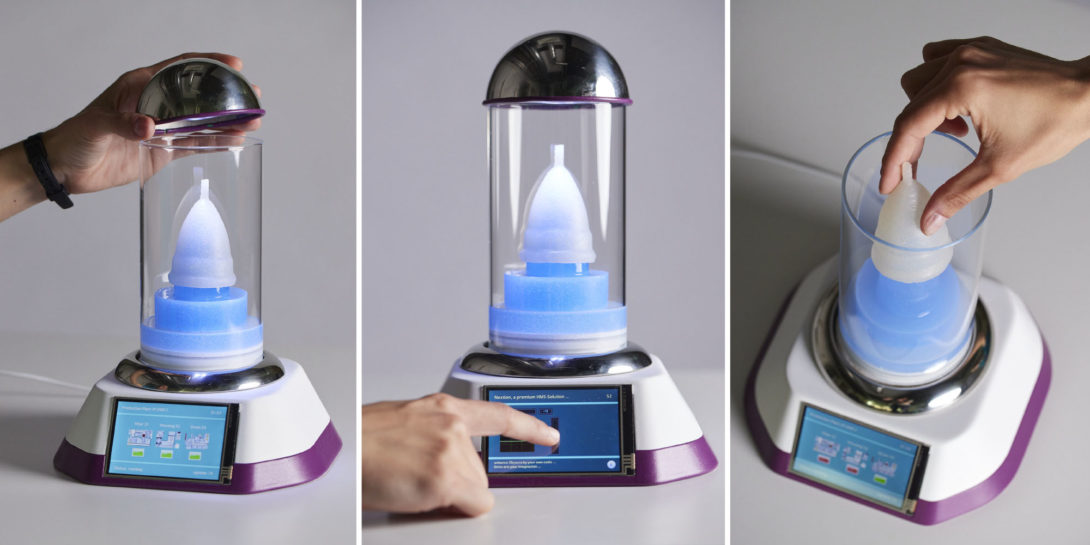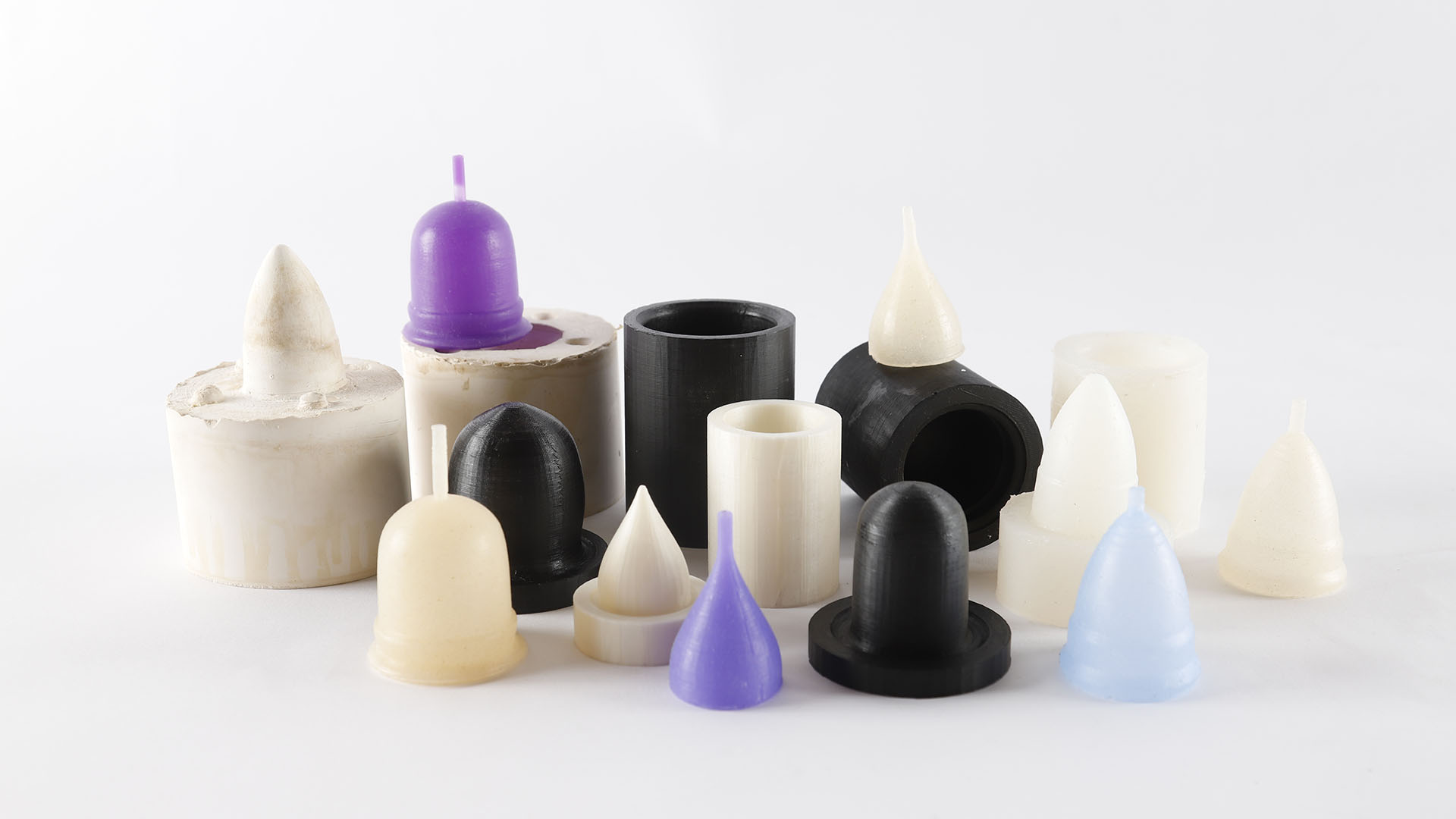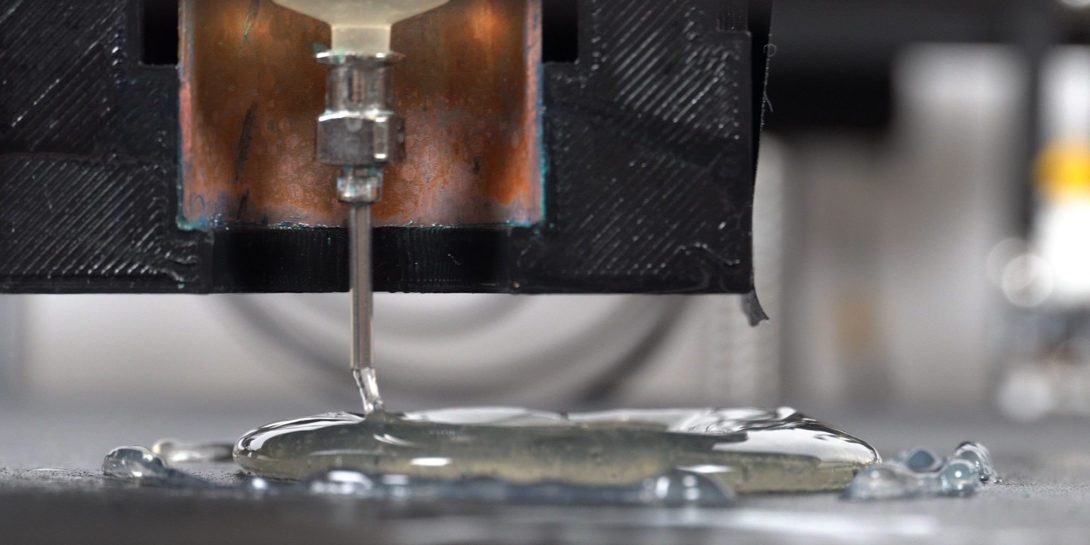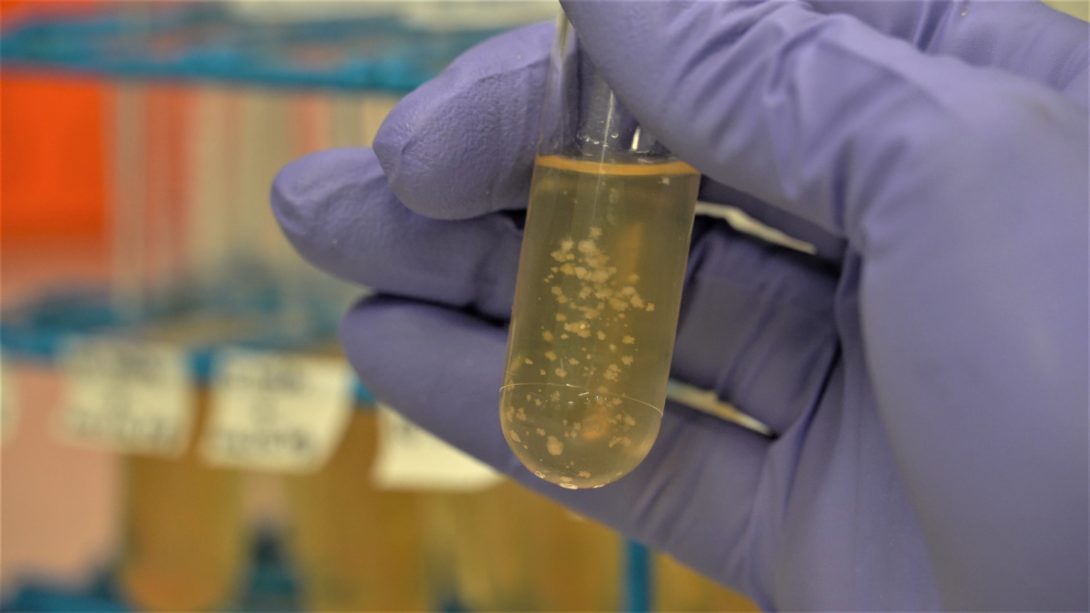About the project
The Soothing Cup is a speculative project that combines a living menstrual cup with an incubator, allowing users to cultivate their own anti-inflammatory bacteria on the cup to reduce period cramps. This intimate ritual fosters a connection between the menstruator and the cup, reducing the reliance on disposable hygiene products and challenging period-related societal taboos.
About the Soothing Cup’s approach
What if a living object could reconnect humans with their menstrual cycle and change the way we perceive it? The Soothing Cup explores a speculative future reimaging the interaction between the menstrual body, the vaginal environment, and a living menstrual cup.
The vaginal microbiome plays a central role in preventing vaginal infections and resorting balance, as well as reducing symptoms of dysmenorrhea; severe menstrual cramps, which affect around 80% of people who menstruate. However, recent studies have highlighted how most menstrual hygiene products and pain relief medication affect our bodies and the planet by interfering with the healthy microbes we live with. Furthermore, the patriarchal and capitalistic culture has perpetuated the stigma around periods by promoting the production of single-use products that have negatively influenced the behaviours of many generations.
The Soothing Cup explores a future where menstruators are deeply attached to their menstrual cups, establishing a mutualistic relationship as an alternative to chemically preventing periods. The development of an algae-based hydrogel allows the cup to become a membrane able to interact with the vaginal environment. Thanks to an incubator that acts as a surrogate vagina, people who menstruate can cultivate their own anti-inflammatory bacteria and let them colonize their cups once a month. When off-menses, the user is asked to take care of the cup by adjusting both growing and maintenance paraments.
The level of care required in this ritual creates an intimate connection between the menstruator and the cup, and thus reduces the desire to purchase single-use hygiene products. Thanks to this process, menstruators increase their awareness about the importance of our existing symbiotic relationships with microbes, whilst challenging the societal stigma around periods. The menstrual cycle then becomes the perfect ground to open up a conversation about the social and environmental transition towards a Post Anthropocentric Future.
About the designer
Lucrezia Alessandroni is a Biodesigner with a background in Product Design and Visual Communication. Her previous passions for sustainability, wearables and open-source technologies drove her to explore the interconnections among living organisms and ecosystems. Her research focuses on biotechnologies as a tool to develop new symbiotic relationships with micro and macro environments.






